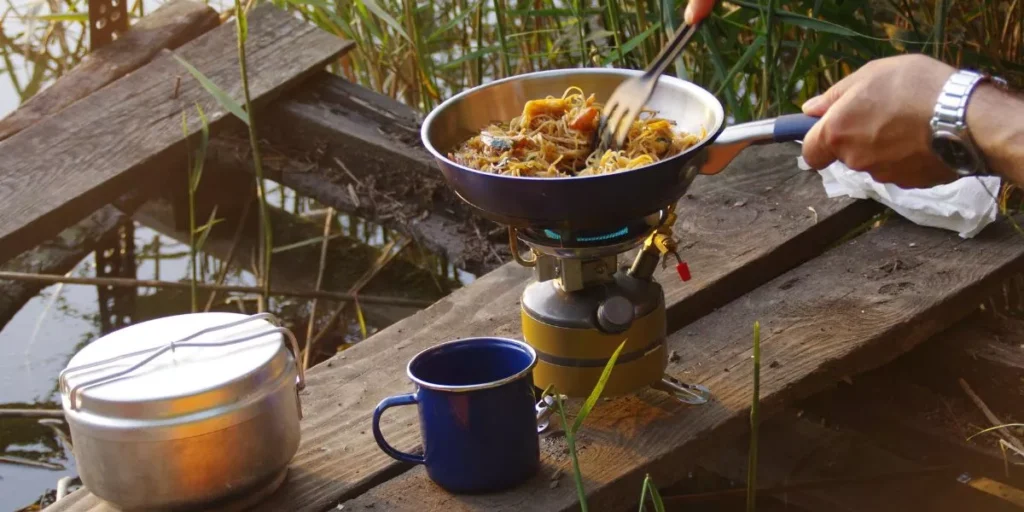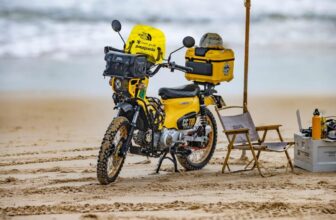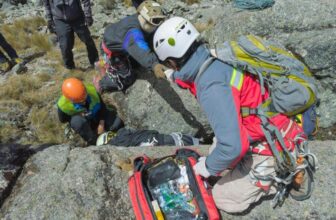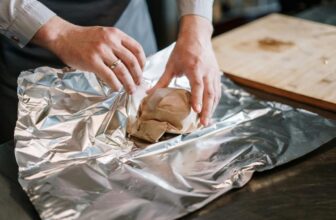
When you fire up the grill, you’re ready to create mouthwatering dishes under the open sky. But beware, common outdoor cooking mistakes can turn your culinary dreams into disappointments. From mishandling heat to overlooking food prep steps, each misstep can affect the taste and quality of your outdoor feast. By understanding and avoiding these errors, you’ll elevate your outdoor cooking game and ensure your next meal is one to remember.
Poor Heat Management
To avoid burning your food, ensure you adjust the heat levels accordingly while cooking outdoors. Controlling the temperature is crucial in outdoor cooking to achieve perfectly cooked meals. When using a grill, start by preheating it to the desired temperature before adding your food. Make sure to monitor the heat throughout the cooking process, adjusting the flames or moving the food to different areas as needed. Remember, different foods require different heat levels, so keep this in mind when preparing a variety of dishes.
One common mistake many make is cooking everything on high heat. While it may seem like a faster way to cook, high heat can easily lead to burnt exteriors and raw interiors. Take the time to properly manage the heat, allowing your food to cook evenly and thoroughly. By mastering heat management, you’ll elevate your outdoor cooking game and impress your guests with delicious, perfectly cooked meals every time.
Neglecting Food Prep
Don’t overlook the importance of thorough food preparation before you start cooking outdoors. Neglecting food prep can lead to a host of issues when grilling, such as uneven cooking, food safety concerns, and a less flavorful end result. To avoid these pitfalls, take the time to properly prepare your ingredients before firing up the grill.
Start by ensuring that your meat is properly trimmed and marinated if necessary. This not only enhances the taste but also helps prevent flare-ups on the grill. Additionally, chopping vegetables uniformly ensures they cook evenly and look more appealing on the plate.
Consider prepping all your ingredients ahead of time and organizing them based on when they need to be cooked. This saves you from scrambling to chop or season while something is already on the grill. By being proactive with food prep, you can streamline the cooking process and focus on enjoying the outdoor cooking experience.
Overcrowding the Grill
Neglecting to consider the spacing on your grill can lead to overcrowding issues that hinder the cooking process. When you overcrowd the grill, it creates uneven heat distribution and makes it challenging to cook everything properly. The food ends up steaming rather than grilling, resulting in a lack of those coveted grill marks and that delicious charred flavor.
To avoid overcrowding, make sure to leave enough space between each item on the grill. This allows for better airflow and helps prevent the food from sticking together. If you have different items that cook at varying rates, adjust their placement on the grill accordingly. For example, place thicker cuts of meat or larger vegetables where the heat is higher, while delicate items or smaller pieces can go in a cooler zone.
Ignoring Food Safety Measures
Failing to adhere to proper food safety measures can pose serious risks to your health when cooking outdoors. Ignoring basic food safety guidelines can lead to foodborne illnesses that can quickly ruin your outdoor cooking experience. One common mistake isn’t washing your hands thoroughly before handling food. Remember, outdoor environments can harbor bacteria and other contaminants that can transfer to your food.
Another critical measure is ensuring that meats are cooked to the appropriate internal temperature. Using a meat thermometer is a simple way to guarantee that your food reaches the safe temperature needed to kill harmful bacteria. Cross-contamination is also a significant concern when cooking outdoors. Be sure to use separate utensils and cutting boards for raw meats and other foods to prevent the spread of bacteria.
Lastly, neglecting to store leftovers promptly and properly can result in food poisoning. Make sure to refrigerate any uneaten food within two hours to prevent bacteria growth. By following these essential food safety measures, you can enjoy your outdoor cooking adventures without compromising your health.
Camping














